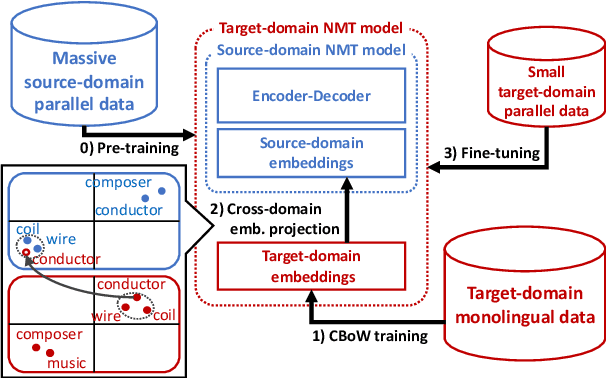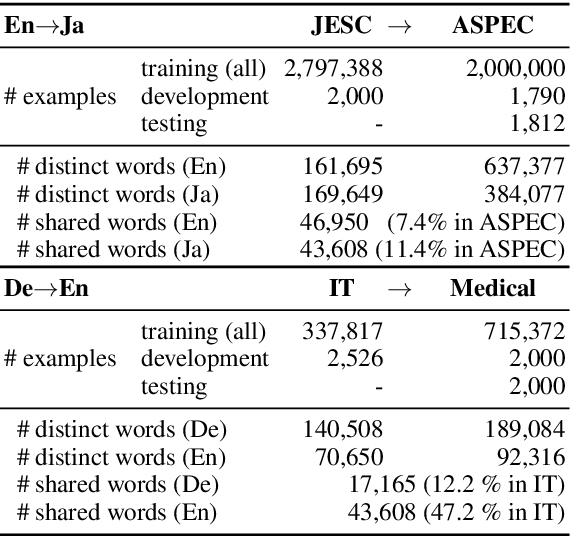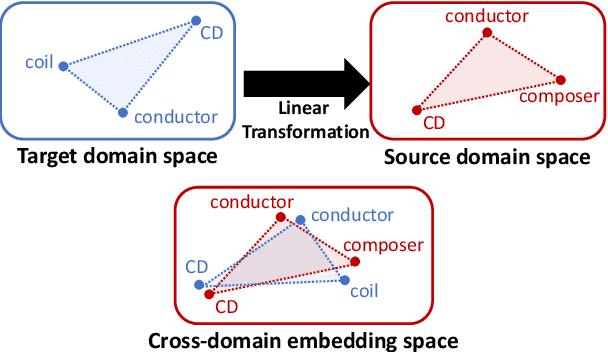Shoetsu Sato
Rethinking Response Evaluation from Interlocutor's Eye for Open-Domain Dialogue Systems
Jan 04, 2024Abstract:Open-domain dialogue systems have started to engage in continuous conversations with humans. Those dialogue systems are required to be adjusted to the human interlocutor and evaluated in terms of their perspective. However, it is questionable whether the current automatic evaluation methods can approximate the interlocutor's judgments. In this study, we analyzed and examined what features are needed in an automatic response evaluator from the interlocutor's perspective. The first experiment on the Hazumi dataset revealed that interlocutor awareness plays a critical role in making automatic response evaluation correlate with the interlocutor's judgments. The second experiment using massive conversations on X (formerly Twitter) confirmed that dialogue continuity prediction can train an interlocutor-aware response evaluator without human feedback while revealing the difficulty in evaluating generated responses compared to human responses.
Vocabulary Adaptation for Distant Domain Adaptation in Neural Machine Translation
Apr 30, 2020



Abstract:Neural machine translation (NMT) models do not work well in domains different from the training data. The standard approach to this problem is to build a small parallel data in the target domain and perform domain adaptation from a source domain where massive parallel data is available. However, domain adaptation between distant domains (e.g., subtitles and research papers) does not perform effectively because of mismatches in vocabulary; it will encounter many domain-specific unknown words (e.g., `angstrom') and words whose meanings shift across domains (e.g., `conductor'). In this study, aiming to solve these vocabulary mismatches in distant domain adaptation, we propose vocabulary adaptation, a simple method for effective fine-tuning that adapts embedding layers in a given pre-trained NMT model to the target domain. Prior to fine-tuning, our method replaces word embeddings in embedding layers of the NMT model, by projecting general word embeddings induced from monolingual data in the target domain onto the source-domain embedding space. Experimental results on distant domain adaptation for English-to-Japanese translation and German-to-English translation indicate that our vocabulary adaptation improves the performance of fine-tuning by 3.6 BLEU points.
 Add to Chrome
Add to Chrome Add to Firefox
Add to Firefox Add to Edge
Add to Edge